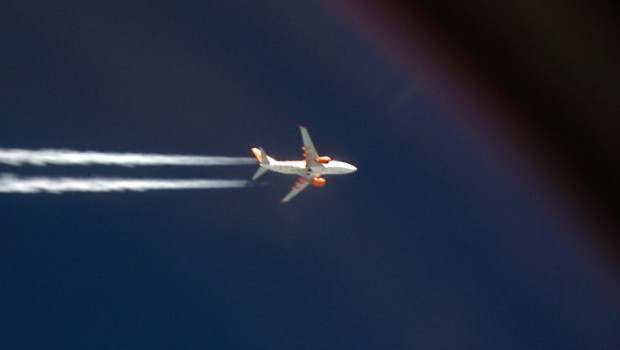EasyJet sees loss of up to £190m after summer airport chaos

Low-cost airline easyJet said it expected to report annual pre-tax losses of £170m -£190 million, reflecting the summer chaos at UK and European airports where staff shortages led to cancellations amid surging post-pandemic demand.
easyJet
529.60p
14:30 18/11/24
FTSE 250
20,340.20
14:30 18/11/24
FTSE 350
4,455.56
14:30 18/11/24
FTSE All-Share
4,413.42
14:30 18/11/24
Travel & Leisure
8,632.67
14:30 18/11/24
The company said it flew 88% of pre-Covid capacity in the summer quarter, adding that it expected to fly around 20 million seats in the first quarter of 2023, or 83% of capacity, a rise of a third year on year. It added that capacity during the peak travel periods, such as October half term and Christmas week, were back to pre-pandemic levels.
"Our summer 23 season went on sale last week and we were filling the equivalent of more than four A320 aircraft a minute in the opening hours demonstrating the continued demand," said chief executive Johan Lundgren.
"EasyJet is Europe's largest operator at primary airports with one of the strongest balance sheets in the aviation industry. We face the uncertain macro-economic environment with many strengths through our brand, network and business model which enable us to provide low fares to millions despite the rising cost of living."
The airline said it would report adjusted earnings excluding certain costs of up to £685m for the summer quarter of 2022, but flight cancellations and Covid-19 restrictions during the period would offset the profit.
Lundgren's upbeat outlook comes as UK markets went into meltdown after an ill-received government mini budget of unfunded tax cuts, exacerbating the already critical cost-of-living crisis.
He added that company had been affected by the resulting collapse in the pound as some of easyJet's costs and debt were in euros and dollars.
“I would like to see that there’s certainty, that there’s stability, and we get back to the point … where we get the pound stronger,” he said.
AJ Bell investment director Russ Mould said the muted market reaction to the update "speaks to how far the aviation sector has descended".
“In theory, 2022 should have been the year the airlines really bounced back as pent-up demand from holidaymakers was unleashed.
“However, the airlines themselves as well as airports and other infrastructure proved not to be up to the task of dealing with a flood of returning passengers. EasyJet has suffered as disruption costs obscure the happier fact of capacity and passenger volumes getting closer to pre-pandemic levels."
“It suggests that even with limited discretionary spend, people are still prioritising jetting away. This may be the case for now but, particularly in the UK, pressures from rising mortgage costs and energy bills are only mounting and people may eventually become stretched beyond their limit, even when it comes to booking with a low-cost carrier like EasyJet.
Reporting by Frank Prenesti for Sharecast.com